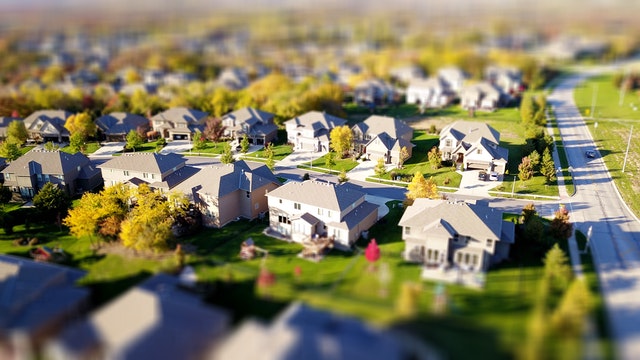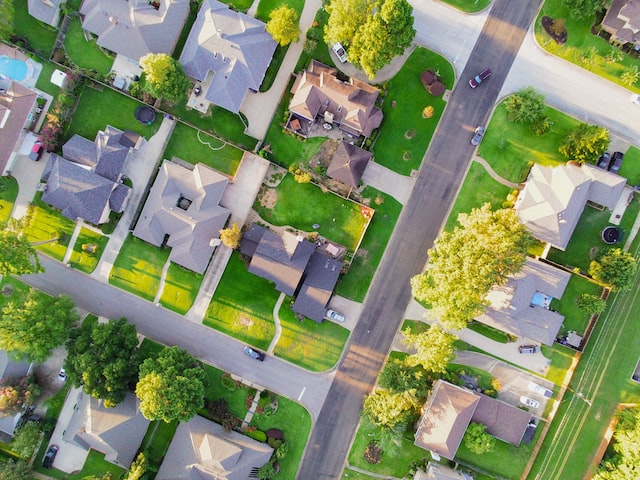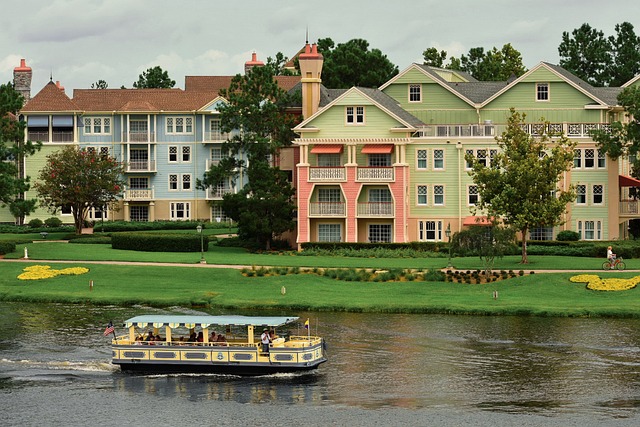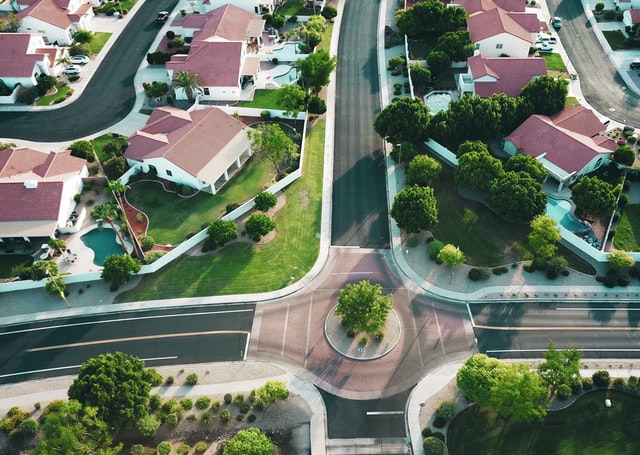Location is a crucial factor when it comes to real estate development projects. After all, the location of a building or property can significantly impact its value and potential for success. As such, experts like Jorge Madruga in Floral Park, NY, say it’s vital for anyone involved in the development process to carefully consider the location of their proposed project before moving forward with the development process. Let’s dive into why location matters and how you can use this knowledge.
The Value of Location in Real Estate Development
Jorge Madruga says the location has long been a deciding factor in real estate investments, which makes sense given that there are many advantages to having a property situated in the right place. For instance, specific locations tend to be more attractive to buyers due to their proximity to popular attractions or amenities like shopping centers and restaurants. In some cases, access to public transportation—such as a nearby subway station or bus stop—can significantly increase a property’s value.
Of course, it’s not just buyers who benefit from being located in the right place—developers do too. That’s because specific locations may come with incentives like tax breaks or subsidies from local governments that can make developing properties much more profitable for developers than if they were located elsewhere. Additionally, developers can often take advantage of zoning laws and regulations that may favor specific types of developments over others, depending on where they are located.
Knowing What You’re Getting Into
Jorge Madruga says that when it comes to real estate development projects, understanding your location is essential for ensuring that you know what you’re getting into before investing too much money or time into a project. That means considering factors such as zoning laws and regulations; local taxes; access to public transportation; availability of infrastructure (such as water and electricity); access to resources such as materials needed for construction; and even local crime rates, if applicable. All these factors can influence your project’s success and how much work you’ll need to put into it before it’s ready for market.
Making Sure Your Project’s Successful
Considering all these considerations before beginning your project can significantly increase your chances of success by ensuring that any unforeseen issues don’t hinder your project due to its location or lack thereof. Additionally, keeping up-to-date on changes in the area—such as new businesses opening up or changes in regulations regarding land use—will help ensure that you are aware of any potential issues before they arise and can plan accordingly. Finally, researching other similar projects in the area will help give you an idea of what properties sell best in specific locations and provide valuable insight into what makes those projects successful (or unsuccessful).
What To Do Next
Location is a significant factor when it comes to real estate development projects. By researching the area you plan to develop, having a local understanding of regulations and zoning laws, and staying up-to-date on changes in the site, you can ensure that any unforeseen issues are manageable for your project’s success down the line. Doing so will also help you maximize your project’s value and potential for success. All that’s left to do is get started!
When To Consider A Different Location
Sometimes, Jorge Madruga says it’s best to consider a different location when your proposed project doesn’t fit in with local zoning regulations, or the area simply isn’t conducive to the type of development you are looking to undertake. Additionally, it may be best to look elsewhere if there aren’t enough resources, such as materials needed for construction or access to public transportation. In such cases, it’s important to remember that location is vital, and by taking the time to find the right place for your project, you can increase its success significantly.
How To Determine A Property’s Value
When determining the value of a piece of property to purchase or develop, there are a few key factors to consider. These include its location, access to infrastructure such as water and electricity, available resources needed for construction, and access to public transportation. Additionally, looking at similar projects in the area can provide valuable insight into what is likely to be successful in that particular area. By carefully considering these factors before investing in a project, you can ensure it is successful and profitable.
Final Thoughts
Understanding why location matters so much in real estate development projects is essential if you want your project(s) to be successful. From researching zoning laws and regulations to familiarizing yourself with local infrastructure needs and crime rates associated with particular areas, considering all these factors beforehand will help ensure that your projects have everything they need for success once completed. With careful planning and research, there’s no reason why yours won’t become another success story!
















